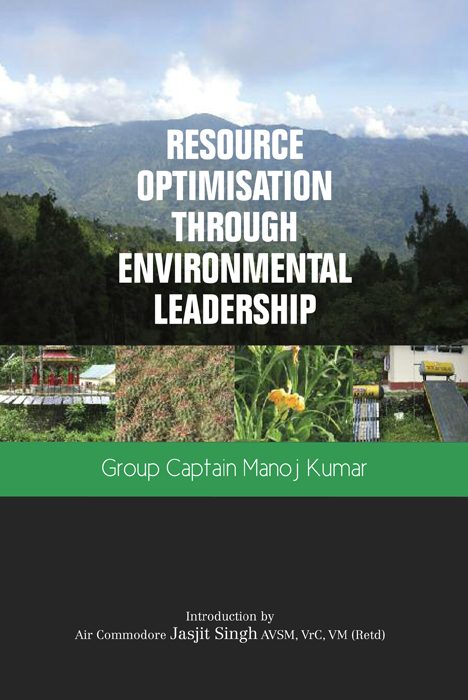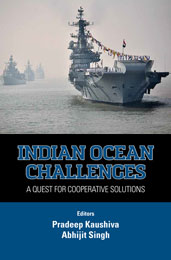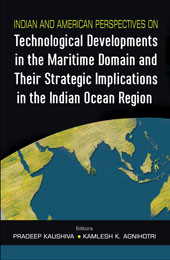Subjects
Recent View(s)
Resource Optimisation Through Environmental Leadership
Manoj Kumar
The rationale of most contemporary change scan be traced back to economics; creativity and economics have combined for effecting most changes in the world. The drive for resource optimisation is no different; a welcome by product is environment protection.
In the context of the military, economics relates not only to costs but also the prospect of operational gains. Therefore, this book, while exhorting the military hierarchy to realise their potential as environmental leaders, has demonstrated how resource optimisation is conducive for increasing operational effectiveness. While the military organisations are in focus here, the lessons of resource optimisation covered in the book are easily applied to any large industry set-up.
It is the race to control natural resources that would define global hot spots of the future. The country that reduces its dependence on these resources would not expose its flank to the adversary. Reducing consumption levels is also desirable for preventing environmental degradation. This convergence of interests is a win-win situation that only requires a will and innovative approach towards organisational functioning, from procurement, technology transfers, energy consumption, training, etc., to auditing the implementation of the optimisation process. These aspects have been explained in the book mostly with case studies to make it interesting even for the environment sceptics.
It is hoped that this book would provide ideas to readers on ways of conserving resources in their daily lives - at home and at work. The importance of publicising organisational efforts in the social domain finds special mention as this does not yet seem to be in the ethos of the Indian military. The overarching connect between social and military matters is implicit in contemporary society. This book would, thus, appeal equally to the military and the corporate leaders.


 Political Science
Political Science



